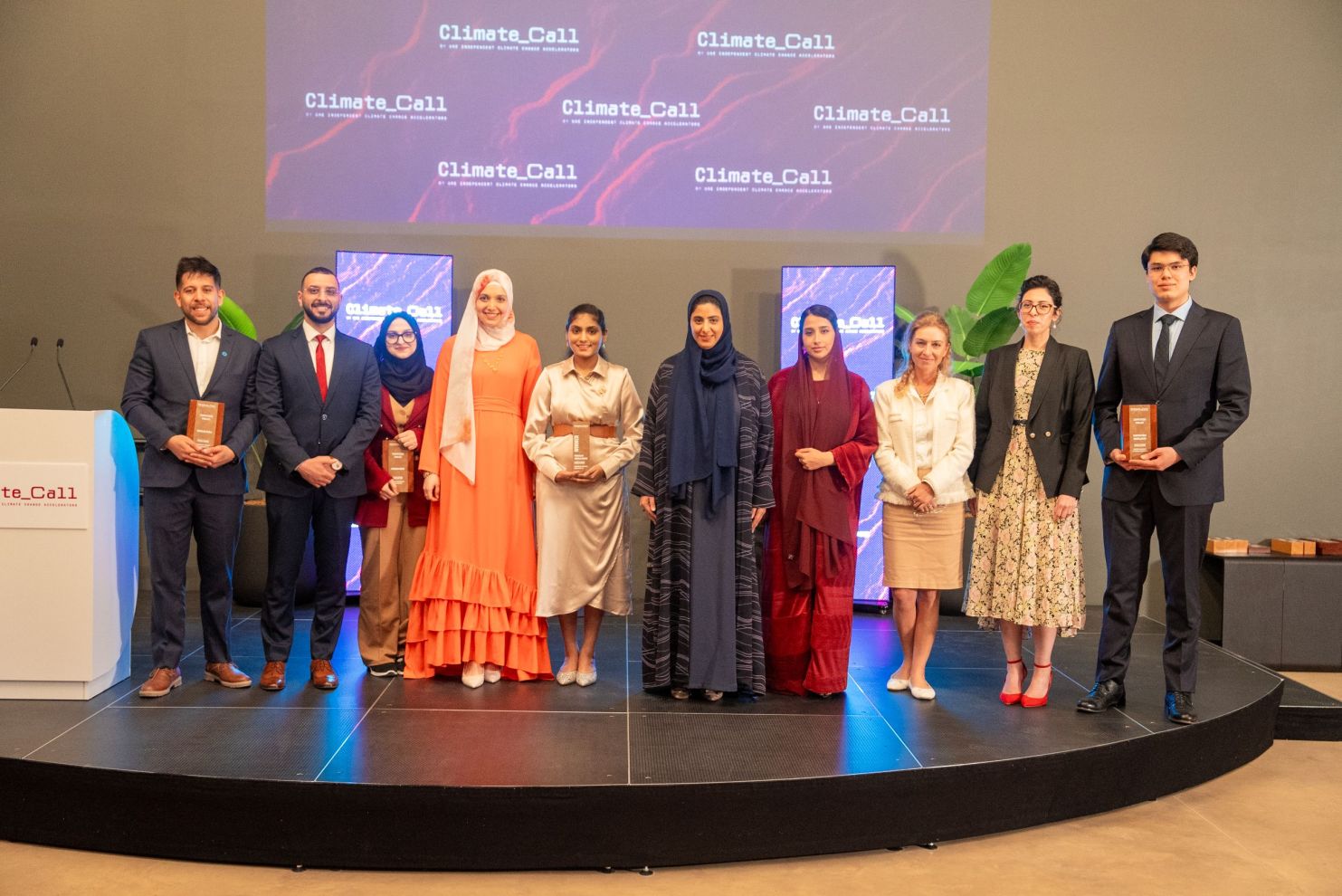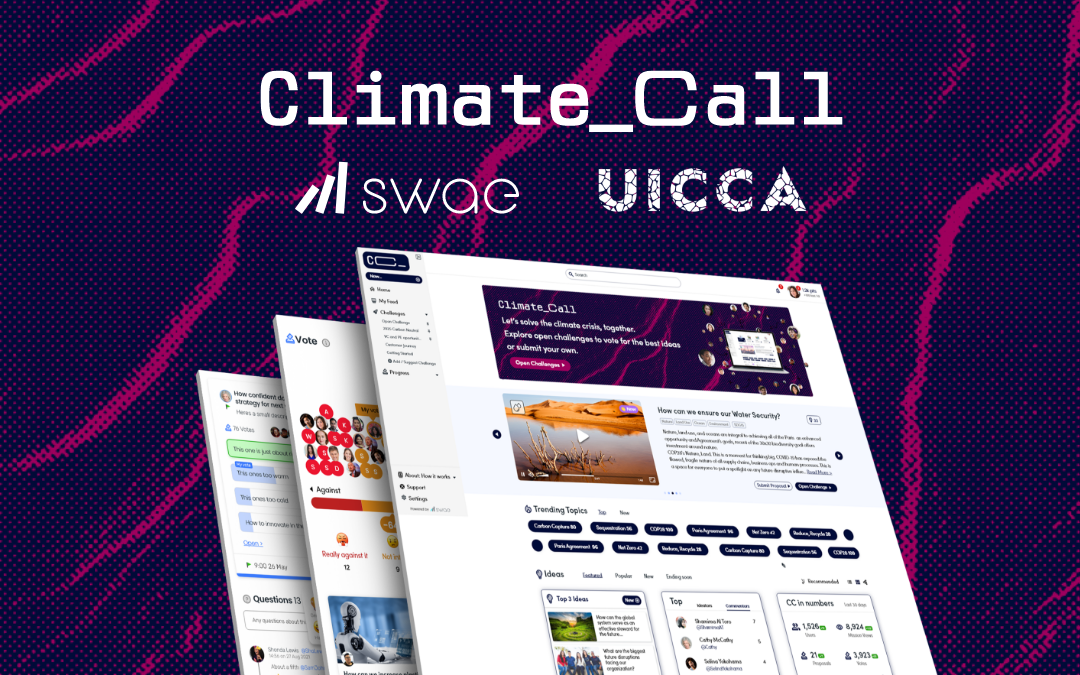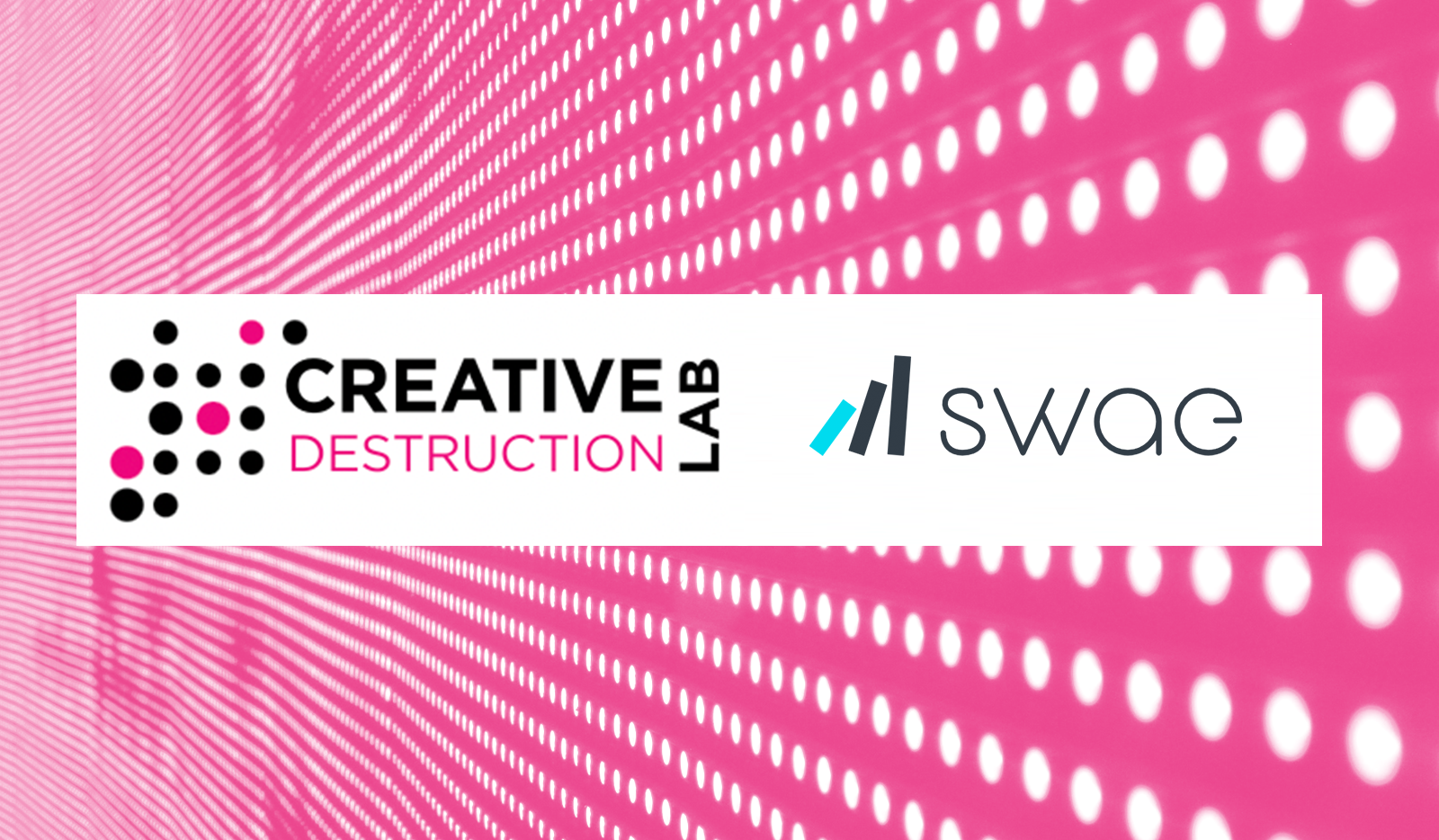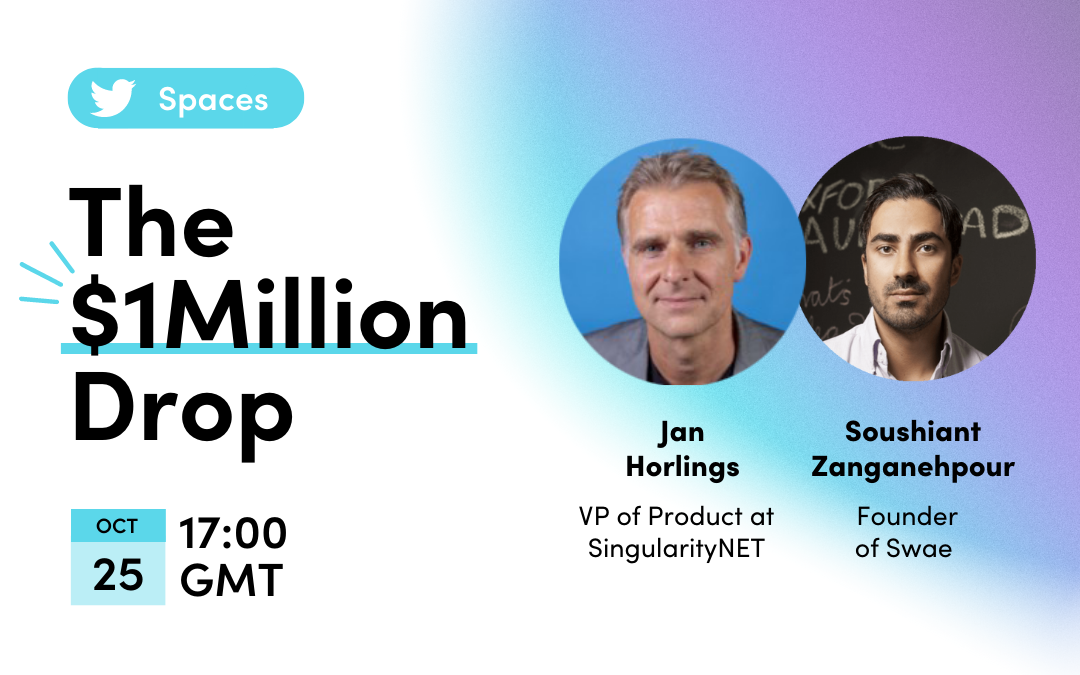This coming Saturday and Sunday (May 26th and 27th), Federico Ast, Martin Monin and I will be in Stockholm, Sweden, pitching to a jury of experts about our model for 21st century (and beyond) global governance.
We were selected as 1 of 14 finalists for the New Shape Prize, a $5M USD award looking to support new models of global governance (read more about the foundation, the founder’s story and logic behind the prize, and global risks).
Given what I’ve been working on for the past year or so, I’d heard about this prize, but didn’t imagine we’d get very far. I hesitated to apply, thinking “Governance is so broken and topical today (think Brexit and Trump’s election). I’m sure some Ph.Ds from Stanford or PPE students from Oxford have a brilliant and technologically elegant model to fix it all.” Instead of giving into defeat, however, I decided to apply and treated the application process — a 30+page detailed technical proposal — as an opportunity to elaborate deeply on our ideas, assumptions, implementation plan, and vision. Here we are…
Our Model — High Level
We’re proposing a new model for global governance using a combination of new tools, new actors, and new institutions that helps us circumvent the limitations of our current system and instead facilitates bottom-up AI-supported deliberation and policy creation (read the abstract here).
To help us move past existing solutions created primarily through narrowly defined national interests, the model does three things:
1) Allow much more broad participation and competition in the design of solutions. Better ideas = a normative challenge against the current limited ideas we select from.
2) Provide access to powerful tools that are currently not democratized, so solutions can be properly deliberated, diligenced, simulated in digital environments, and de-risked before the thought of implementation. Well vetted, technically sound ideas with political backing = more tolerance for trying them out.
3) Provide real jurisdictions where ideas can be implemented to see their impacts (e.g. smart cities, communities, special economic zones, micro-nations). Real jurisdictions that would implement good solutions = a testing ground for intended and unintended impacts and a real incentive to participate to propose solutions, instead of simply moaning about the status quo.
In the short term, the model would sit alongside our existing governance system, challenging the solutions it creates, while testing itself out in different environments.
In the long term, this model will replace how we do governance at the local, national and international levels. As the model gains integrity and adoption, is used in different governance settings, more people will demand it be used where it matters most.
Criticism — How Might We Be Wrong?
Of course we could be wrong. We probably are on a number of fronts. Our model has certain assumptions and depends on some trends coming to fruition — about evolving human behaviour and cultural expectations, future of work, technology availability, adoption and trust. Before trying to defend ourselves, let me share some key criticisms we’ve heard and can anticipate:
- “Democracy apps and civic technology platforms have tried to democratize democracy for the past 5–10 years and largely failed. Why will this be any different?”
- “This is essentially crowdsourcing. Beyond Wikipedia, crowdsourcing hasn’t produced major breakthroughs. How will this be different?”
- Even if this could work at the local, city or national level, how does it scale globally? How do it ensure there is impact at the global level where problems are most acute? Can’t leaders just ignore it?
- “What happens if the policies the system produces don’t work as planned? How do we ensure things don’t get worse?”
We have answers to these criticisms and soon after the competition ends, we’ll open source our entire application (or share as much of it as we feel comfortable sharing) in order to invite as much constructive criticism and thoughtful debate about the model as possible. If there are some major holes or potential unintended consequences our model may create, we want to be aware of them and design solutions to mitigate them. If there are any burning criticisms I missed, feel free to share them below or DM me.
Our Next Steps (Win or Lose)
Win or lose, this opportunity allows us to work closely with some really excellent potential partners and collaborators (see other finalists) who each have a powerful tool or model to contribute to the problem. Of course, the process and recognition is a great source of validation — that we’re working on something that matters and could have global consequences — and the funding would be an enormous boost, helping us move beyond the bootstrapping stage we’re in. But the biggest benefit could be the relationships we build, the assumptions we adjust, new models we create out of these initial frameworks to create be even better, more fit-for-purpose system, that more practically addresses our governance shortcomings.
Whatever the outcome, we’re super excited and honoured to participate in the forum. We’ll be tweeting from Saturday onwards, from our Swae twitter account and from my own account.
Wish us luck (and best of luck to the other finalists)!






Waiting patiently for you to come home and fuck me! http://bitly.ws/znHX
Feel free to join me on a naked nature walk. http://prephe.ro/Bdsn
Your article helped me a lot, is there any more related content? Thanks!
Your article helped me a lot, is there any more related content? Thanks!
I am an investor of gate io, I have consulted a lot of information, I hope to upgrade my investment strategy with a new model. Your article creation ideas have given me a lot of inspiration, but I still have some doubts. I wonder if you can help me? Thanks.
I am a student of BAK College. The recent paper competition gave me a lot of headaches, and I checked a lot of information. Finally, after reading your article, it suddenly dawned on me that I can still have such an idea. grateful. But I still have some questions, hope you can help me.
The point of view of your article has taught me a lot, and I already know how to improve the paper on gate.oi, thank you. https://www.gate.io/de/signup/XwNAU
Thank you for your sharing. I am worried that I lack creative ideas. It is your article that makes me full of hope. Thank you. But, I have a question, can you help me? https://www.binance.info/de-CH/join?ref=UM6SMJM3
Millions of Free Traffic with AI Tools – https://ext-opp.com/AIVault
Your article helped me a lot, is there any more related content? Thanks!
Your article helped me a lot, is there any more related content? Thanks!
Thank you very much for sharing, I learned a lot from your article. Very cool. Thanks.